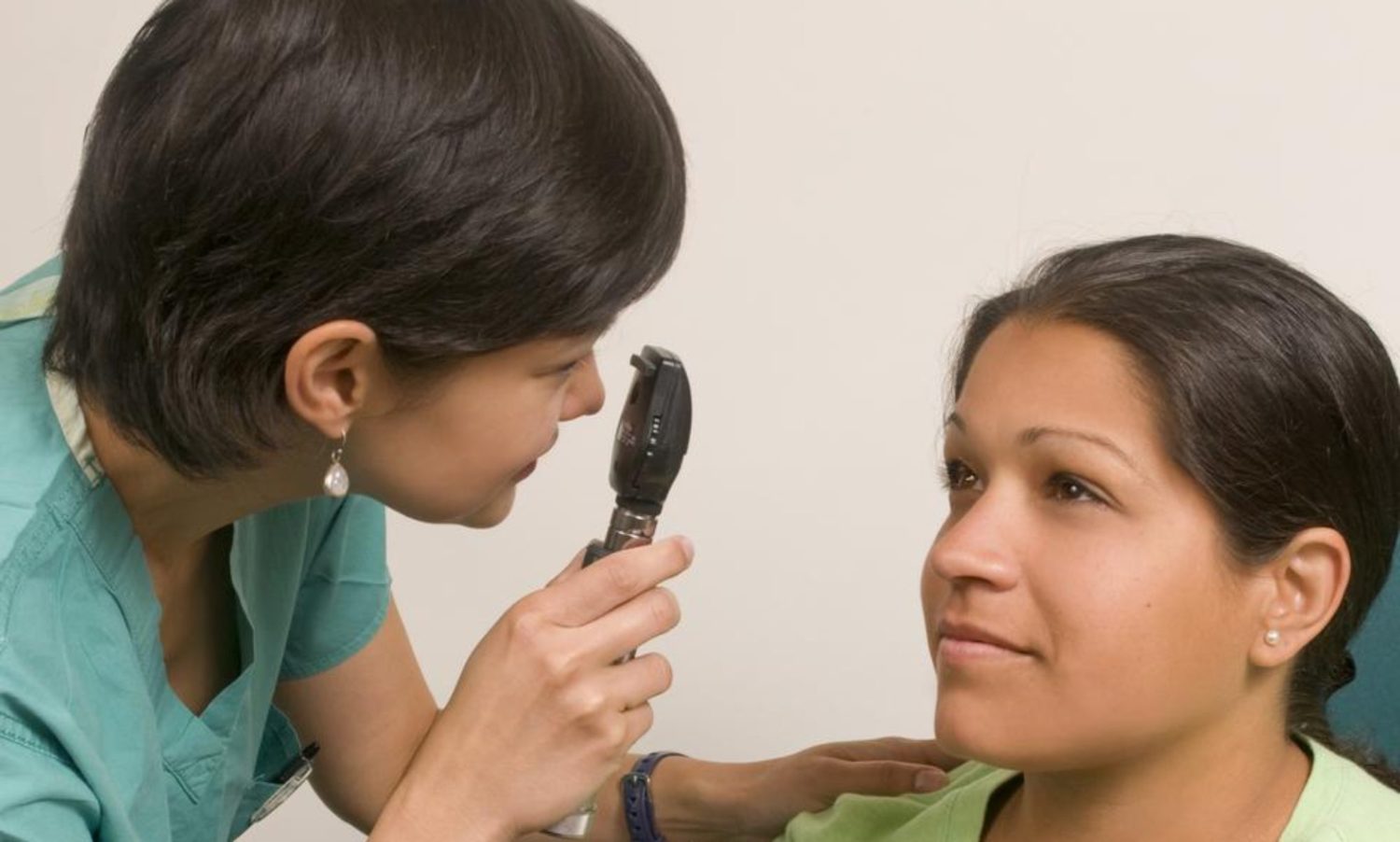Below is an example medical school update letter. Applicants frequently send letters like these to medical schools to provide updates on their recent grades and activities they did not include in their primary and secondary applications.
December 2, 2019
Office of Medical Student Admissions
Great Medical School
The Courtyard at Health Sciences S600
95 Medical Avenue
Lincoln, NE 68501
Dear Admissions Committee,
I am writing to express continued interest in your school and provide an update of the grades I have received and the activities I have undertaken since submitting my primary application four months ago.
Because I submitted my transcripts to AMCAS before my graduation, I was not able to provide the Great Medical School with my spring quarter grades on my primary application. During spring quarter of my senior year, I received an A+ in my anthropology class (CULTURE&COMMUNICATION), an A in my biostatistics class (INTRO-BIOSTATISTICS), and an A in my physiological science laboratory (PHYSIO LAB).
Since graduating, I have been volunteering at the Capacity Center, a service organization that provides the homeless with meals, showers, clothing, laundry facilities, and mail services. The Capacity Center also helps homeless individuals find housing, obtain employment, and access health services. As a volunteer at the Capacity Center, I initially met with homeless individuals who were new to our program, interviewed them, and then put these individuals in contact with someone at the center who could directly help them obtain access to their particular needed service. More recently, I have been helping the homeless by operating and stocking the clothing shed at the shelter. Here, I help homeless individuals find the clothes they need.
I have also been working at Karios, an established tutoring company in California that helps students with and without learning disabilities improve in school and on standardized tests. Currently, I tutor students who are preparing for the SAT, SSAT, and ACT or struggling in various areas of mathematics. I particularly enjoy helping students work through their difficulties and seeing their progress.
Additionally, I have been working for Composite. The company recently invented an ergonomic product that reduces workplace injuries. To prepare for Composite’s launch to market, I have been involved in the marketing of the product (i.e. website design, social media, video production, etc.) and the development of the company’s sales strategies.
I truly enjoyed visiting the Great Medical School on interview day, and was very impressed with the school. I especially liked the school’s accelerated curriculum, which allows for career exploration early on in a medical student’s career. Furthermore, I liked how the curriculum was student-centered. From talking to medical students at the Great Medical School, I learned that the school embraces medical students’ feedback and implements changes based on those suggestions. It is comforting to know that medical students have a say in how the school is run. Finally, I was also impressed with the school’s emphasis on clinical training and access to unique training resources. Because of this, I believe medical students at the Great Medical School are prepared extremely well for the clinical aspect of medicine.
I would consider myself very fortunate to attend the Great Medical School and am excited about the prospect of becoming a part of the Great Medical School’s community. I hope the information above will be of use when evaluating my application, and I hope to hear from you soon.
Sincerely,
Bob Student
AAMCID: 14835918
